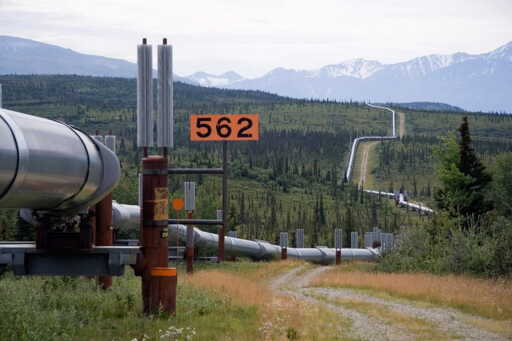A coalition formed to align the international banking sector’s investments with global climate goals has disbanded nearly four years after it was launched. Set up in 2021, the Net-Zero Banking Alliance (NZBA) was a U.N.-sponsored initiative to shift bank financing away from fossil fuels — the biggest source of climate changing greenhouse gases — and toward net-zero emissions by 2050. Members were required to set five-year targets and provide detailed reports on how they planned to meet their goals. “The NZBA had laid out a timeline for members to develop detailed transition plans meaning the rubber was starting to meet the road and banks globally, not just in the US, were getting cold feet,” Allison Fajans-Turner, who works in climate and energy finance with the Rainforest Action Network, told Mongabay by email. However, the alliance began hemorrhaging participants following the U.S. election of Donald Trump and his anti-environment rhetoric. All the major U.S. and Canadian banks withdrew from the group, soon followed by many European and Japanese financial institutions. According to a 2025 report, bank financing for fossil fuels fell in 2022 and 2023 but grew more than 20% in 2024. As of 2024, the world’s 65 largest banks, many which were once part of the NZBA, had invested roughly $7.9 trillion in fossil fuels since 2016, when the Paris Agreement to limit climate change went into effect. “Trump’s election was absolutely a catalyst, but the wheels had been set in motion before his election,” Truzaar Dordi, a climate finance researcher at the…This article was originally published on Mongabay
From Conservation news via this RSS feed


